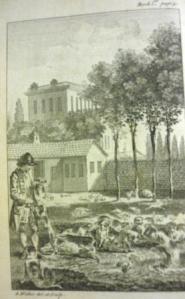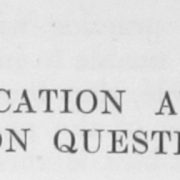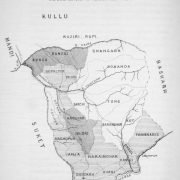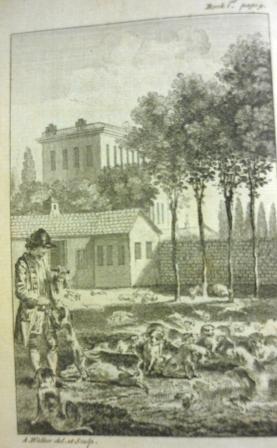
Feeding hounds
Today is World Poetry Day, so to mark the occasion we have brought out one of the poetry books we have in our Historical Collection, William Somervile’s The Chace: a poem (id 15172). This was first published in 1735 and we have a copy of the fifth edition which was published in 1767.
William Somervile (1675–1742), was educated at Winchester College and New College, Oxford. Showing no early aptitude for literature, Somervile turned his hand to poetry in middle age. For most of his adult life he lived on the family estate in Edstone, Warwickshire where he devoted himself to field sports, the subject of his best known poems.
The Chace is written in four books of blank verse in which Somervile conveys the excitement and dangers of hunting, as well as its place in history. It also covers dog breeding and training, hare and stag hunting and, in one section, even takes in hunting in the ‘magnificent manner of the Great Mogul.’
It starts with the call to the chase: ‘the sport of kings’ from the ‘horse-sounding horn’. It goes on to describe in detail not only the thrill of the hunt, ‘the huntsman ever gay, robust and bold,’ but what Somervile sees as the cruelty. The poem also explores the bond between the huntsman and his horse. The death of a much loved horse is greatly mourned:
‘Unhappy quadrapede! No more, alas!
Shall thy fond master with his voice applaud
Thy gentleness, thy speed; or with his hand
Stroke the soft dappled sides, as he each day
Visits thy stall, well pleas’d; no more shalt thou
With sprightly neighings … glad his proud heart’
Want to read more? You can find the 1802 edition here






